All breastfed babies will refuse the breast at some point, so try not to worry!
What to do if your baby is refusing to feed
In this short video, NHS Infant Feeding Advisor Gina gives her top tips on what you can do.
What are the symptoms?
Your baby might become cross and frustrated when you try to breastfeed them, moving their head from side to side.
What are the causes?
There are lots of possible reasons, including:
- Illness, tiredness, lack of hunger
- ‘Nipple confusion' after being offered a bottle teat, dummy or a nipple shield.
- An uncomfortable breastfeeding experience, such as having their head 'pushed on' to encourage feeding.
- Your baby may be too full already, from formula milk, water, other fluids, or in the case of an older baby, solid foods.
- Teething or thrush in the mouth, which can both make feeding uncomfortable for babies.
- Drugs or alcohol in your breast milk may have affected the taste.
- Your smell and taste: babies may refuse the breast if you smell or taste differently for some reason, for example if you use a cream for sore nipples or a different perfume.
- Your period: some mums notice that their babies refuse the breast for a day or so before menstruating – it seems to change the taste of breast milk.
What's the solution?
Often the only solution is patience – your baby will eventually become hungry enough to want to feed. Hold your baby next to you, skin-to-skin, as much as possible so you can respond straight away when they show signs of wanting to feed. If your baby continues to refuse to feed after a few hours, call your midwife, health visitor or doctor and get them checked.
If your baby seems sleepy and is younger than 2 weeks then call your maternity unit at the hospital urgently.
 Activities & Play
Activities & Play Behaviour
Behaviour Childcare
Childcare Development & Growing Up
Development & Growing Up Family, Friends & Relationships
Family, Friends & Relationships Feeding Your Baby
Feeding Your Baby Food & Eating
Food & Eating Health & Safety
Health & Safety Mental Health & Wellbeing
Mental Health & Wellbeing Money & Work
Money & Work Online Behaviour & Safety
Online Behaviour & Safety Pregnancy & First Days
Pregnancy & First Days School & Education
School & Education Sleep
Sleep



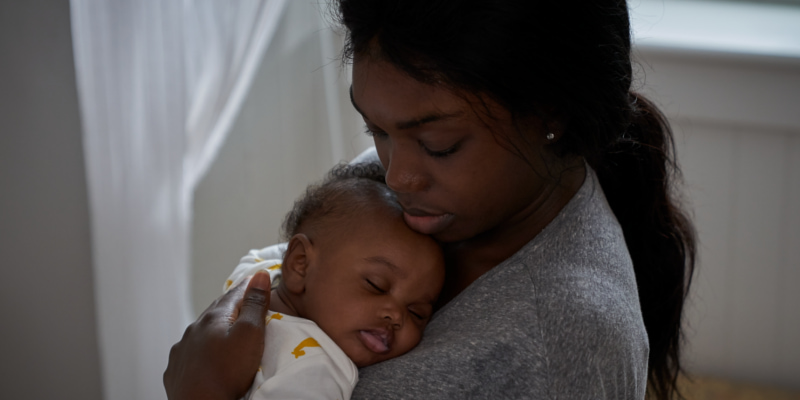
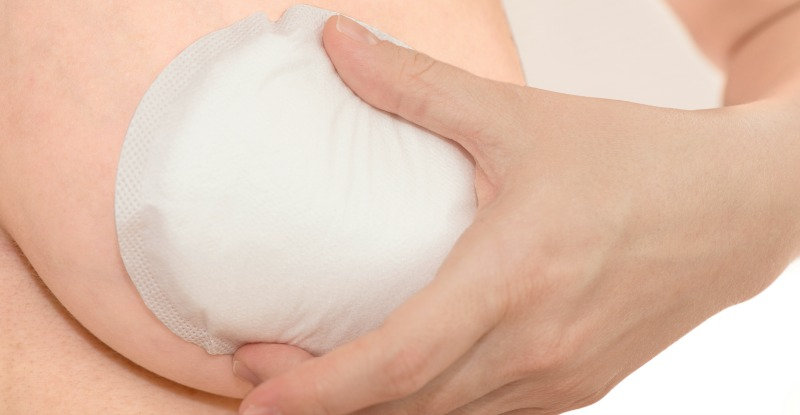

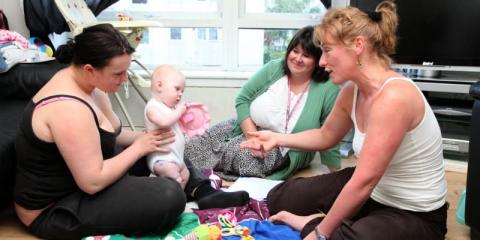
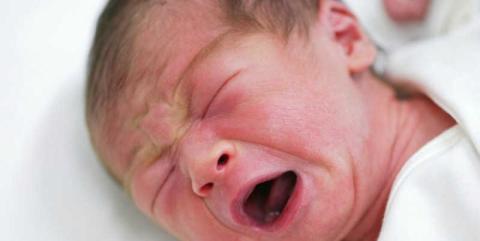
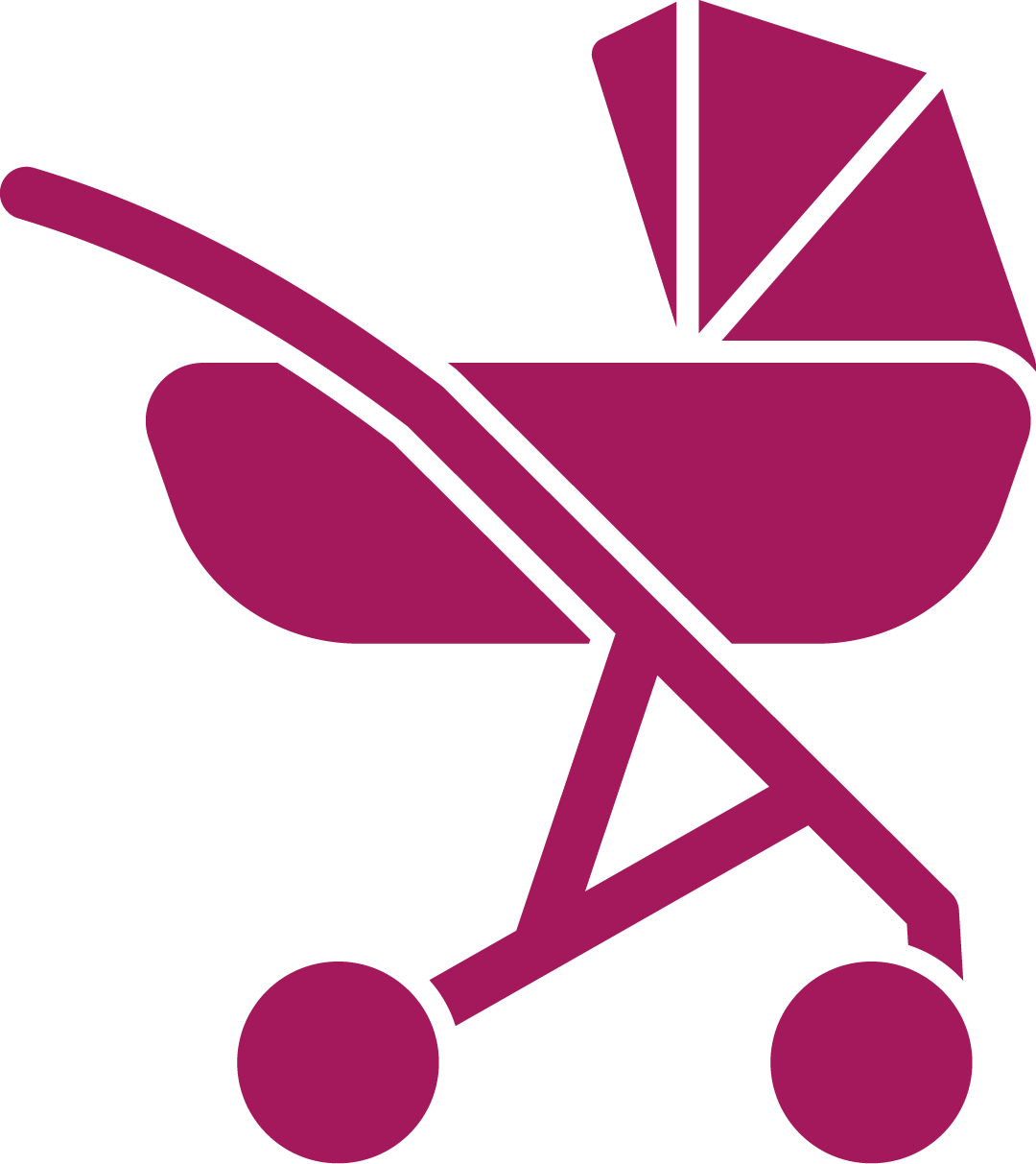 Pregnancy & First Days
Pregnancy & First Days
 Sleep
Sleep